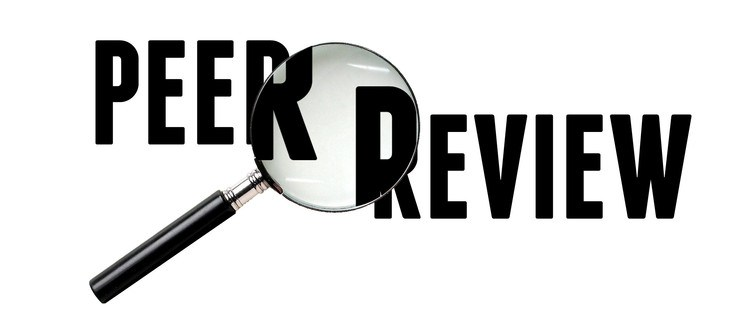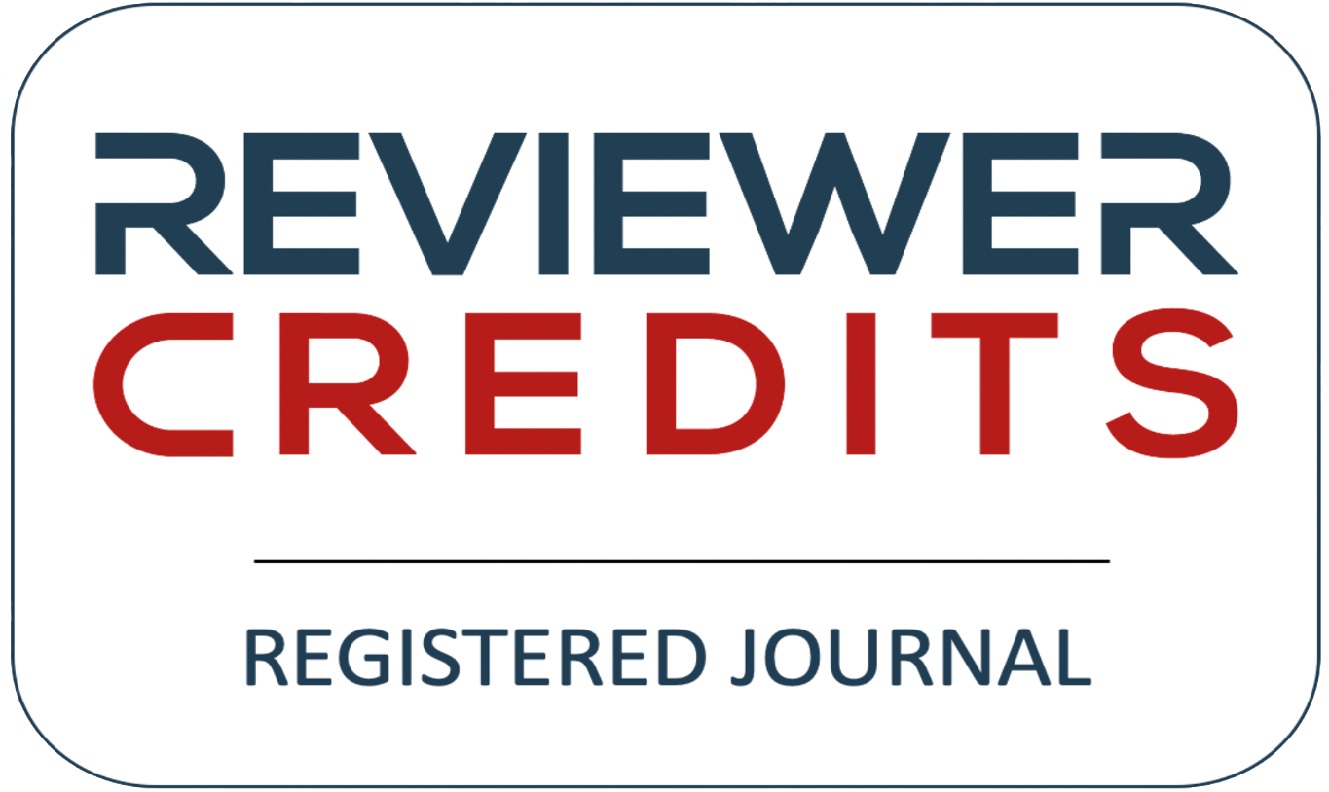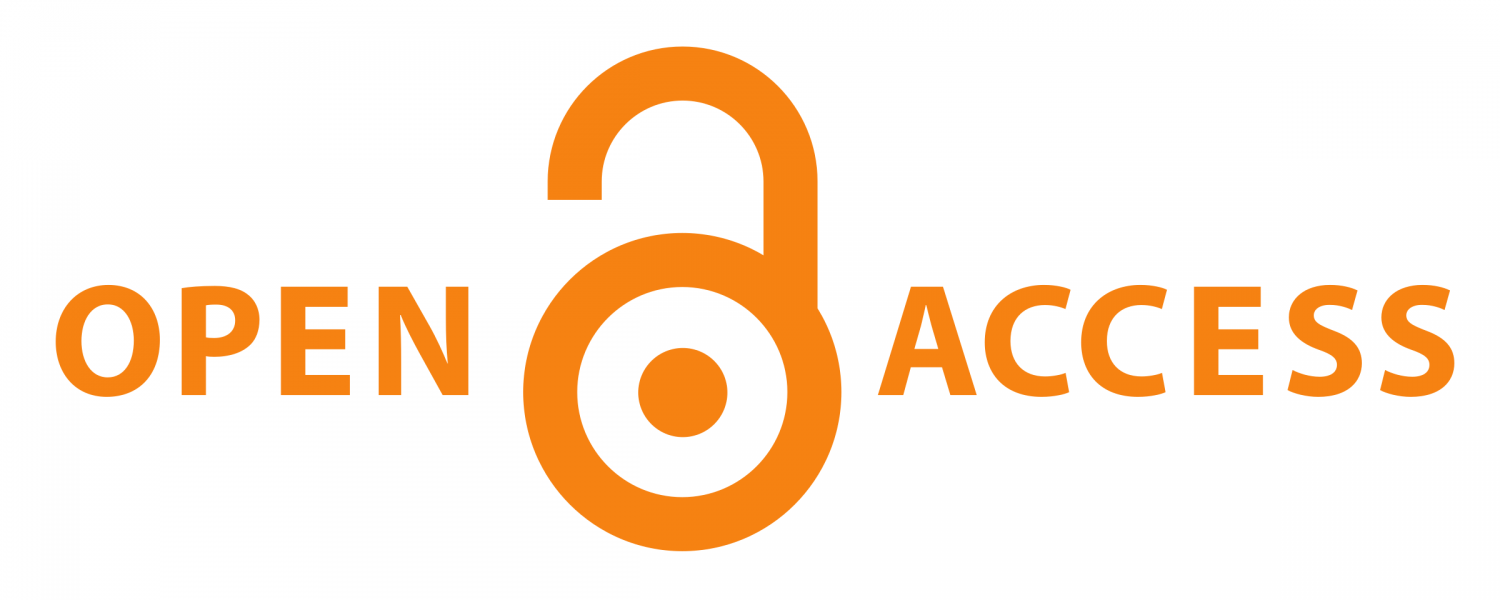Publishing Ethics and Misconduct
Rules for authors
Languages & Cultures is an international scientific journal, referring to the standards and principles of transparency, honesty, and fairness in the publication of scientific papers. It is therefore important to agree on the ethical standards imposed by the journal. Authors, evaluators, and the entire editorial team are required to comply with the following guidelines:
Originality and plagiarism: The author undertakes to send to the journal an original and unpublished article. He must make sure that his work is original. Plagiarism in all its forms: self-plagiarism, falsification, and the manufacture of data and research methods are strictly prohibited. If the author has referred to other earlier works, they must be clearly mentioned in the reference section. The author therefore assumes full responsibility for the content of his article even after its publication in the journal.
Multiple, redundant, and/or simultaneous publication: The author must not publish the same content and the same search in more than one journal. Submitting the same article to multiple journals at the same time is unacceptable publication behavior. Once the article is submitted to the languages & cultures journal, the author agrees not to send it to any other journal until the expert reports are received. If the expert assessment is negative, the author is released from any contract with the journal. The author has the right, if he decides, to modify his article and submit it again for possible publication. The author may not publish in two successive editions of the journal. He will only be able to do so from the third issue containing his article.
Data and results: Authors must accurately present the results of their research and provide sufficient details to enable others to reproduce their work.
Paternity: All people who have made a significant contribution to the research must be clearly mentioned as co-authors. Appropriate recognition must be given to persons who have contributed significantly but do not meet the criteria of paternity. The authors who contributed to the production of the scientific manuscript must assume collective responsibility for their work and give their consent to publication in the final written statement.
Conflict of Interests: All authors must disclose in their manuscripts any type of financial relationship and/or financial or other conflict that could possibly influence the research, its results, or its interpretation. Any potential conflict of interest must be recognized in the manuscript and all sources of financial support for the project must be clearly disclosed.
Rules for Evaluators
Confidentiality: The evaluator must ensure the confidentiality of the documents entrusted to him. Under no circumstances may he share the manuscript or its contents with other persons prior to its publication and without the express permission of the journal.
Objectivity: The evaluator is called upon to carry out the evaluation of the article in full objectivity and according to the graphic chart of the magazine. It must provide constructive comments and comments. Comments and personal criticism of the authors are unacceptable.
Conflict of Interest: Evaluators are required to report any potential conflict of interest that could affect their impartiality when evaluating a scientific paper assigned to them. If there is a conflict of interest between the evaluator or evaluators and the author or authors of the manuscript, those evaluators should be excluded from the evaluation process.
Reliability of the source: The evaluator has the right to use various plagiarism and similarity software to verify the originality of the article.
Compliance with the evaluation deadline: Evaluators are required to comply with a deadline for evaluation of the item concerned. He must inform the drafting committee of the reasons for the delay or refusal to evaluate the article.
Publisher Rules
Editorial decision: The editor-in-chief is solely responsible for the final decision to evaluate the articles. It must comply with the charter of the journal and must take into account the final decisions of the evaluators and the originality and scientific quality of the article. The committee has the authority to make a final decision on whether to accept or reject an article. The final decision is irreversible. Decisions must not be influenced by factors such as race, gender, ethnic origin, or institutional affiliation of authors.
Confidentiality: The editor-in-chief and members of the editorial committee are required to maintain the confidentiality of all information relating to the manuscript and its author, they are responsible for the selection of articles and keep the anonymity of the authors and the designated reviewers, and ensure that the reviewers also comply with strict privacy guidelines. Peer review: The editor-in-chief must ensure that a transparent and rigorous peer review process is applied in the article evaluation process. It employs integrated and qualified evaluators, and it must effectively manage the evaluation process and make decisions based on the responses and comments of the evaluators.
Professional error management: The editor-in-chief must investigate any allegations of misconduct or unethical behavior and take appropriate action in consultation with the editorial committee of the journal. This includes solving problems related to plagiarism, data manufacturing, or conflicts of interest.
Manage business errors and complaints
Misconduct: Languages & Cultures Journal supports all allegations of misconduct. Any proven case of plagiarism, data fabrication, forgery, redundant publication, or other unethical practices will result in rigorous disciplinary measures ranging from the removal of the published manuscript. If unfair research practices are detected, the members of the editorial committee shall draw up a blacklist of the perpetrators of plagiarism, falsification, and any other form of violation of ethical and ethical rules.
Malpractice Reporting: Authors, critics, or readers who suspect misconduct or unethical behavior in a published work should contact the editorial office of the magazine promptly. All allegations will be treated confidentially and appropriate measures will be taken to resolve the problem.
Languages & Cultures Journal follows and strictly applies the guidelines of the Publication Ethics Committee (PEC) to address ethical issues in the publication. Failure to comply with the above guidelines could result in drastic action: rejection and/or withdrawal of the article. The editor-in-chief could also provide legal expertise on the situation of unfair publishing practices.

5.jpg)







